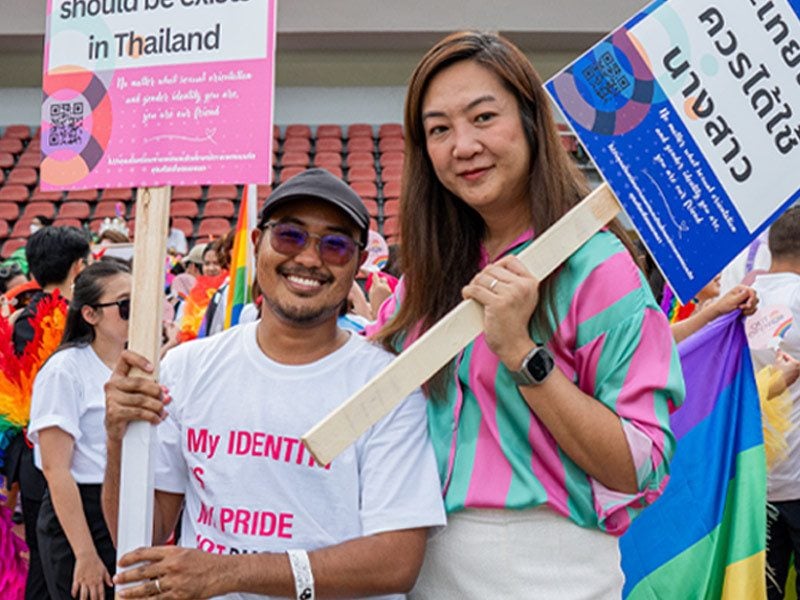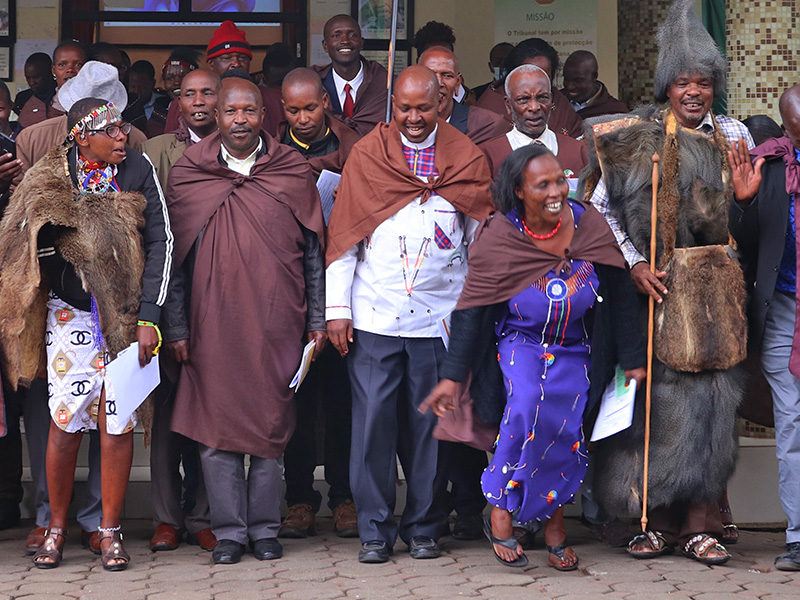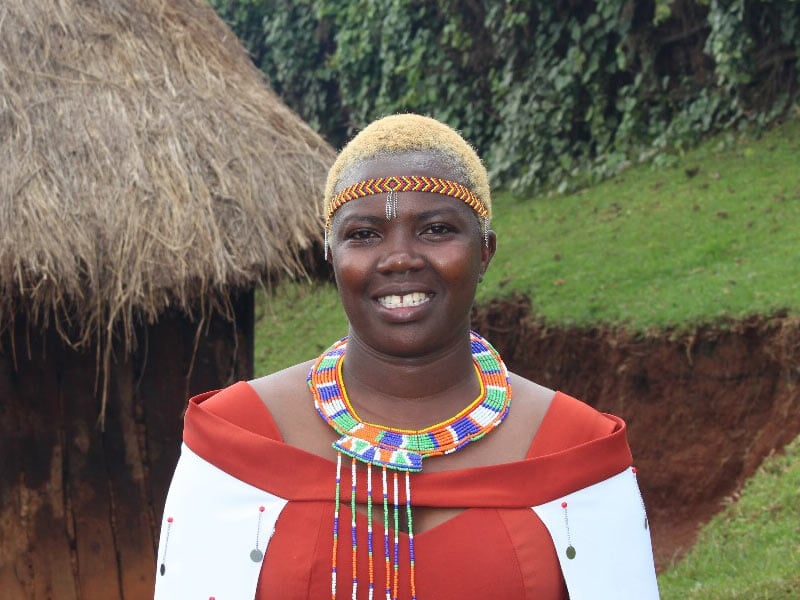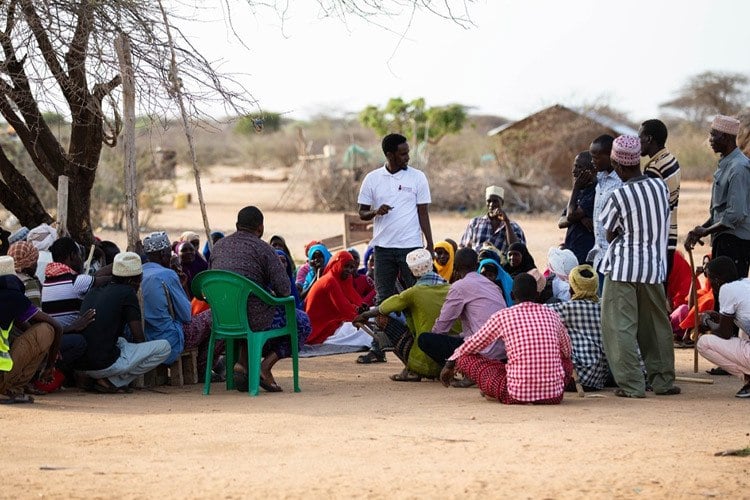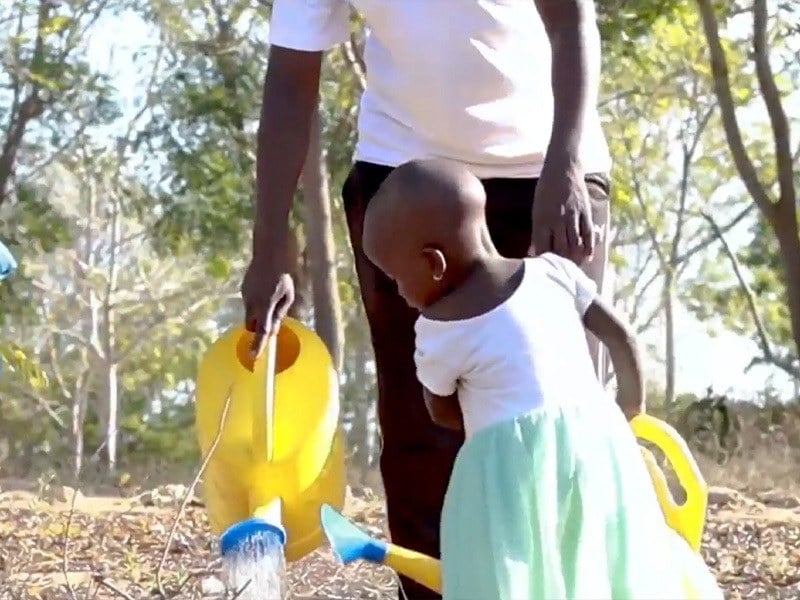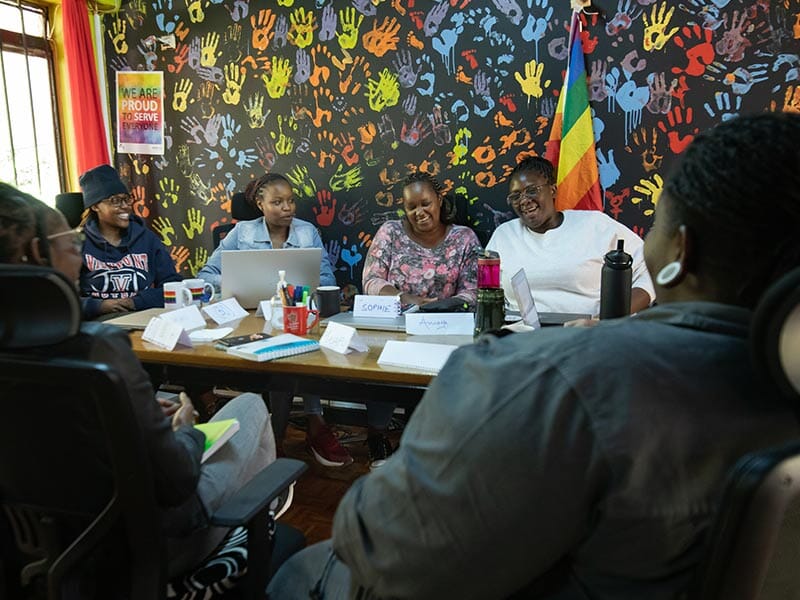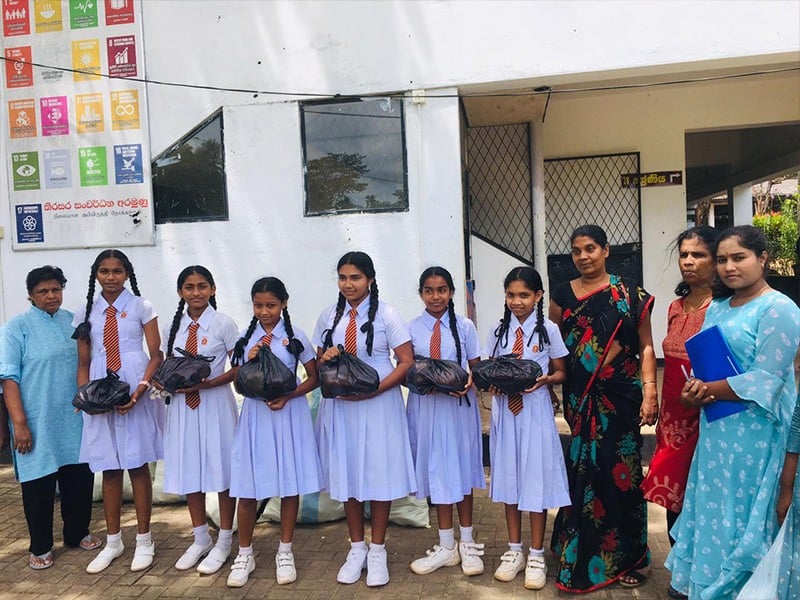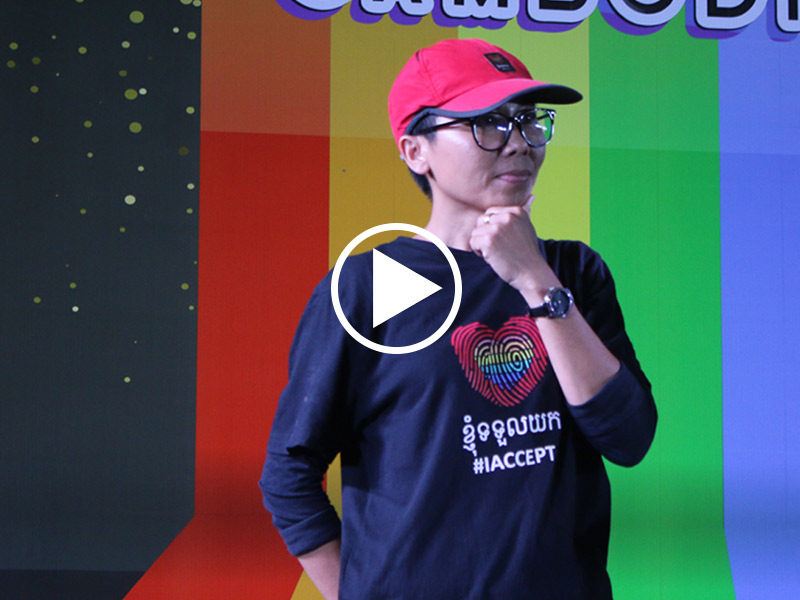For more than a decade, I have been working in Kenya as one of AJWS’s in-country human rights experts. In many ways, this position feels like the culmination of my life’s work defending fundamental freedoms in pursuit of justice for all. Allow me to share a bit of my story — and how impactful your support of AJWS is in this very moment.
I often say: “I didn’t seek out the struggle for human rights. The struggle found me.”
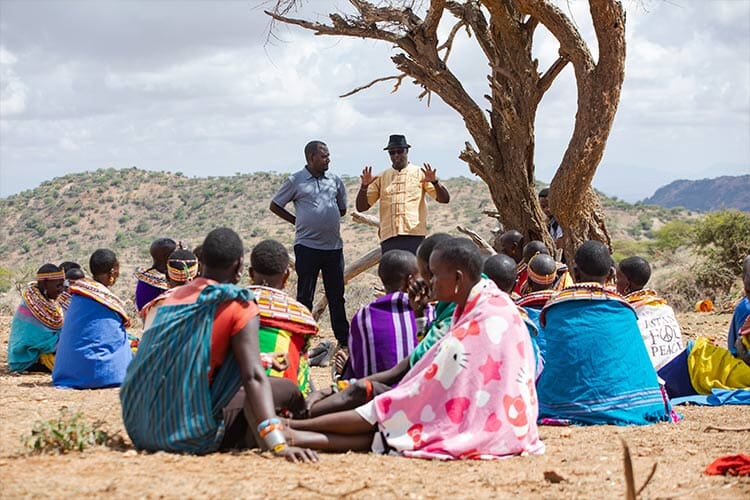
When I was a young boy growing up in Nairobi, Kenya was under a single party dictatorship. Our government actively resisted any dissent; those who spoke out were often tortured. They had to meet in safe and secret spaces. One of those spaces was my family’s home. I remember listening to my cousin Kangethe Mungai, a powerful civil rights activist, meeting with others to envision a more democratic, free Kenya. In 1984, our government named my cousin as an enemy of the state — for publishing and handing out pamphlets that criticized our leaders as corrupt. He was arrested, charged with treason, and imprisoned for 21 years — all without a lawyer or a fair trial.
Today, thankfully, my beloved cousin is free and safe. But witnessing this brutal oppression changed me forever. If my cousin — an educated man from Nairobi — could face such oppression, what about more vulnerable communities, like our Indigenous populations or LGBTQI+ people? I devoted myself to defending those fighting for their human rights and spent years training activists in security and safety.
When I joined AJWS in 2014, I brought with me a lifetime of experience facing injustice. Today, I accompany our partners in their struggles — one pillar of AJWS’s unique model, along with grantmaking and government advocacy. But my ‘accompaniment’ can mean so many different things.
I work with our Indigenous peoples around the country — communities fighting for identity, and to protect their ancestral lands’ tenure and natural resources. I’ve been to court with our partners. To meetings, including legislatures, protests, conferences, and visits to their communities. I help them strategize, plan campaigns and demonstrations, and collaborate with each other. We speak openly and honestly about AJWS’s flexible, respectful funding — and how they can use it most effectively. I’m not invited to these spaces because I hold the grant money; I’m invited because I’ve built a strong, trusting and respectful relationship with every one of our partners.
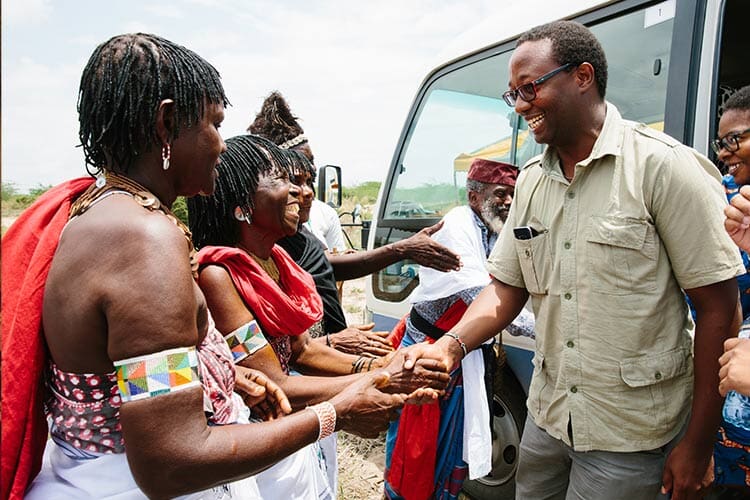
And right now, the issue of grant money is especially fraught. In Kenya, many of our partners also received funding from the United States government. Due to President Trump’s callous and sudden cuts to foreign aid, many of these organizations are suffering. This is in a context where diseases like HIV, TB, and malaria were heavily supported by USAID, and now there is no support at all. Activists are afraid.
But I’ll tell you the same thing I’ve told them: AJWS is not going anywhere.
We may not fill the massive hole left by U.S. foreign aid. But as AJWS’s expert on the ground here in Kenya, I vow to you to help our partners strategize and work together to survive this dire period of uncertainty. If you can help us with a gift right now, I know our partners would greatly appreciate your solidarity.
The Jewish values of AJWS have always felt like my personal values, too. I believe that we all deserve dignity and safety. And because you are a member of our global movement, I know you believe that, too.




